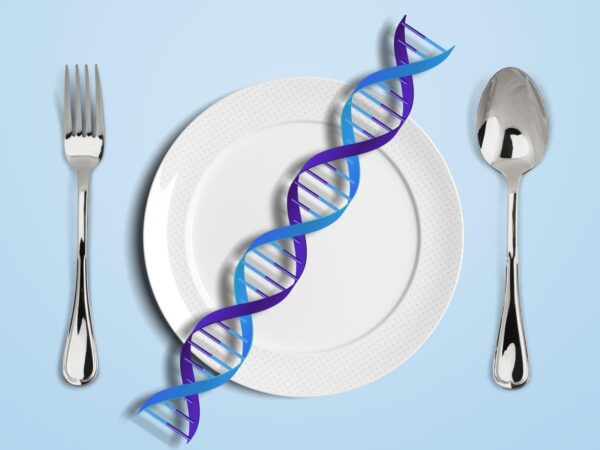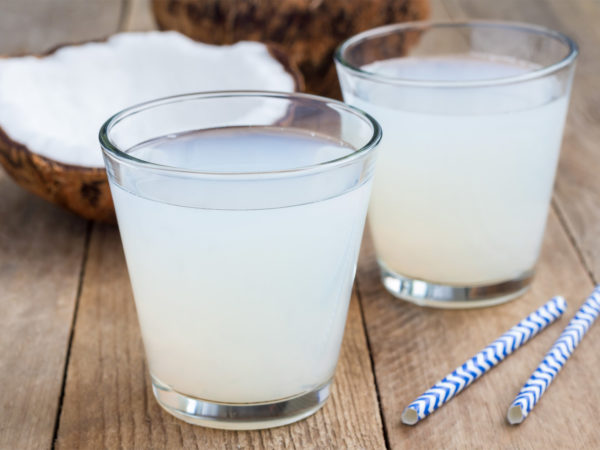The Lifesaving Heart Test Your Doctor Hasn’t Given You (And Should!)
Cardiovascular disease is the number one cause of death in the developed world. In the United States, one out of every four deaths are the result of heart disease.[i]
Of course, modern medicine places the blame on “cholesterol”. But this is more than a little misguided. Many people have cholesterol levels literally off the charts… and NO heart problems. While others have cholesterol in a perfectly “healthy range”… right before dropping dead.
Truth is, there’s a much better predictor of cardiovascular risk. And it has everything to do with the primary underlying mechanism of heart disease – the formation of plaque inside arteries.
The process of atherosclerosis is well understood. But it wasn’t until recently that we had the technology to evaluate this important risk factor…
Today, you’ll learn:
- The two types of plaque in your arteries
- The process that turns plaque into a heart attack waiting to happen, and
- The highly-accurate heart test your doctor hasn’t performed (and should!)
Plus: The easy nutritional solutions to dramatically reduce dangerous plaque in your arteries!
But first…
What Makes Arterial Plaque Dangerous?
Arterial plaque is made from cellular debris, fat and cholesterol. Over time, plaques can build up in your arteries. And eventually they dislodge, causing a heart attack or a stroke.
But did you know that there are two very different kinds of plaque?
The first kind of plaque is soft and malleable. These plaques are relatively benign and the best treatment is to reduce inflammation. Over time, however, the body deposits calcium in these soft plaques, turning them hard and scaly.
And it is this hard scale plaque that’s primarily to blame for heart attacks and strokes.
The “Gold Standard” Test for Heart Disease
While mainstream medicine continues to push the use of standard cholesterol tests to (unreliably) predict heart disease risk, research shows there’s a much better and more accurate test:
The Coronary Arterial Calcium (CAC) Score.
This simple and non-invasive test takes about 15 minutes. A CAT scan is used to create an image of your heart and the main arteries leading away from it. Any calcium deposits in the arteries show up as bright white spots on the image. Here’s an example:
The image is analyzed and a score is created, based on the amount of calcification of these coronary arteries. The higher the score, the more severe the blockages in the arteries – and the greater the risk of heart disease.
Here’s what the numbers mean:
| Calcium Score | Presence of Plaque | 10-Year Heart Attack Risk |
Risk Status |
|---|---|---|---|
| 0 | No evidence of plaque | <1% | Very low |
| 1–99 | Minimal evidence of plaque | 4% | Low |
| 100–399 | Mild evidence of plaque | 13% | Moderate |
| >400 | Moderate evidence of plaque | 24% | High |
| >1000 | Extensive evidence of plaque | 37% | Very high |
These numbers often paint a very different picture than the data from traditional risk factors.
In a recent analysis of almost 7,000 subjects, Johns Hopkins researchers compared traditional risk factors for heart disease (including smoking, cholesterol, blood pressure and diabetes) against the Coronary Arterial Calcium Score.
As reported in the European Heart Journal, the coronary calcium score provided a much more accurate assessment of heart disease risk (especially for those thought to be at high or low risk).
In fact, 15 percent of those predicted as “very low risk” according to traditional risk factors had high coronary artery calcium scores. And 35 percent of those thought to be “high risk” showed no coronary arterial calcium, indicating a very low risk of future heart events.[ii]
Many patients with HIGH cholesterol levels who are given the Coronary Calcium test find that their risk of heart disease is actually very LOW! Without this confirmation, these patients would otherwise be put on dangerous statin drugs, with a laundry list of side effects.
The University of Maryland calls the Coronary Calcium Score:
“A better predictor of coronary events than cholesterol screening or other risk factors”[iii]
A CAC Scan is also less invasive, safer and more accurate than cardiac stress tests. In fact, patients can exhibit significant arterial blockage and still pass a stress test with flying colors!
Another interesting benefit of the Coronary Calcium Score test? When patients are able to “see” the calcification in their arteries, they’re more likely to adhere to a treatment protocol.[iv]
Luckily, if you do learn that you have dangerous calcium deposits, there are several natural ways to reduce them…
How to Naturally Reduce Calcium in Your Arteries
Modern medicine doesn’t have pharmaceuticals designed to reduce arterial calcifications… but Mother Nature does.
Research reveals that magnesium, vitamin D3, and vitamin K2 are natural anti-calcifying agents. Let’s take a look at each of these substances and how they work to guard your heart.
Vitamin D
A randomized trial, published in the journal PLOS ONE, found that arterial stiffness was improved by vitamin D supplementation in a dose-dependent manner. Participants taking 4,000 international units received the most benefit.[v]
These results are unsurprising considering the important role vitamin D plays in calcium metabolism. [vi]
For the health of your heart, be sure you are getting enough vitamin D – ideally from regular sun exposure. If you take a supplement, be sure to also supplement with vitamin K2.
Vitamin K2
Before the compound was well understood, Dr. Weston A. Price called vitamin K2 the ‘X-factor’. It is another powerful de-calcifying agent and protector of the cardiovascular system.
The Rotterdam Heart Study followed 4,807 subjects over a period of seven years. These individuals had no prior history of heart attack. The study showed that those with higher levels of vitamin K2 had a reduced incidence of death from heart disease by 57%![vii]
Similarly, the American Journal of Clinical Nutrition found that vitamin K2 supplementation significantly delayed the development of coronary artery calcification in a three-year, double-blind, randomized controlled trial of 452 patients.[viii]
Vitamin K2 is found in organ meats – including kidneys, liver, pancreas, reproductive organs, brains, marrow and cartilage. Foods made from these like head cheese, liverwurst and braunschweiger are also likely a very rich source of in K2.
You’ll also find plenty of vitamin K2 in foods like grass-fed butter and cheese, pasture-raised egg yolks, salami and other sausages from pastured animals, as well as wild fish roe. The only good vegetarian source of vitamin K2 known is natto.
Magnesium
This vital mineral plays a key role in more than 350 enzymes in the body. As a natural calcium blocker, multiple studies have found an association between low serum magnesium levels and cardiovascular disease.
A study published in Nutrition, Metabolism & Cardiovascular Diseases analyzed 34,553 participants who underwent coronary computed tomography and serum magnesium level measurement. The researchers found that low serum magnesium was significantly associated with coronary artery calcification. This association was significant even after adjustment for various cardio risk factors.[ix][x]
Paleo sources of magnesium include leafy greens, nuts, seeds, chocolate and seafood like wild salmon and mackerel.
Prevent Plaques with an Ancestral Diet
In addition to enjoying Mother Nature’s natural de-calcifying agents, there are a few more important things you can do to help prevent dangerous calcifications from forming in your arteries:
- Avoid calcium supplements. The British Medical Journal found that those who took calcium supplements regularly were 86% more likely to have a heart attack than those who didn’t use any supplements![xi]
- Avoid trans fats. These unhealthy, man-made fats are biologically incompatible and contribute significantly to the formation of plaque in the arteries, as well as vascular inflammation, and more.[xii][xiii][xiv] Focus your diet on native fats like those found in grass-fed beef, pastured pork, farm-fresh eggs and wild seafood.
- Avoid sugar & reduce dietary carbohydrates: Insulin resistance has long been associated with calcium deposits in the arteries.[xv][xvi] And some studies even suggest that insulin resistance is an independent predictor of coronary artery calcium buildup in the arteries.[xvii] By keeping your blood sugar and insulin levels stable with an ancestral, carb-conscious diet, you can reduce your risk of the insulin resistance and inflammation that can promote dangerous calcium deposits in your arteries.
Interested in learning your Coronary Calcium Score? You’ll be happy to know the test requires no injections, produces less radiation exposure than a routine mammogram, and is widely available, usually costing $100 or less.





Thank you for this fantastic article. I first learned about this test in December 2021 while watching a podcast by former professional bodybuilder Rich Gaspari, who on the advice of a friend got it done and discovered that his Calcium Score was over 4,000! He got a stent in his left artery and is doing much better these days. It really opened my eyes to the dangers of not getting this type of test done regardless of how you feel or whatever other typical heart tests you may have had. Keep up the great work!